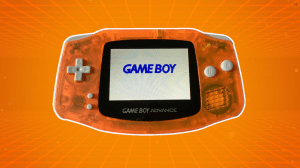Pokemon Go‘s creators have agreed to a proposed comprehensive settlement that could remove or change a number of gyms and Poke Stops.
Videos by ComicBook.com
Back in 2016, annoyed homeowners and businesses sued Niantic after complaining about trespassing and nuisances related to Pokemon Go, which swept the entire world into a frenzy. Complaints ranged from players trespassing onto private property to capture certain Pokemon to players ignoring park hours of operations or causing damage due to high traffic volume.
The lawsuit has lingered for nearly three years, but the Hollywood Reporter has said that Niantic has agreed to a proposed settlement to resolve most of the related issues. As a result of the settlement, Niantic is proposing extensive reforms to handling complaints from property owners who don’t want Pokemon Go players on their property.
Under the proposed settlement, owners of single family homes will now have “right of removal” of any gym or Poke Stop within 40 meters of their property. In addition, Pokemon Go has agreed to respond to complaints or demands to remove a Poke Stop/gym from businesses or commercial property owners within 15 days. The game will also add a mechanism to the game to better honor the hours of operations of parks (which likely means that gyms will shut down overnight and Pokemon spawns will cease when the park is closed) and maintain a database of complaints to better manage where Pokemon spawn.
The lawsuit could potentially change Pokemon Go, which relies on public places to play the game. Although players don’t necessarily have to be adjacent to a gym or Poke Stop location to interact with it, this could lead to major changes as to where Poke Stops and gyms are placed.
The proposed settlement has not been approved by the judge of the case, nor has Niantic agreed to any payments for either the law firm involved or the named plaintiffs of the case.








